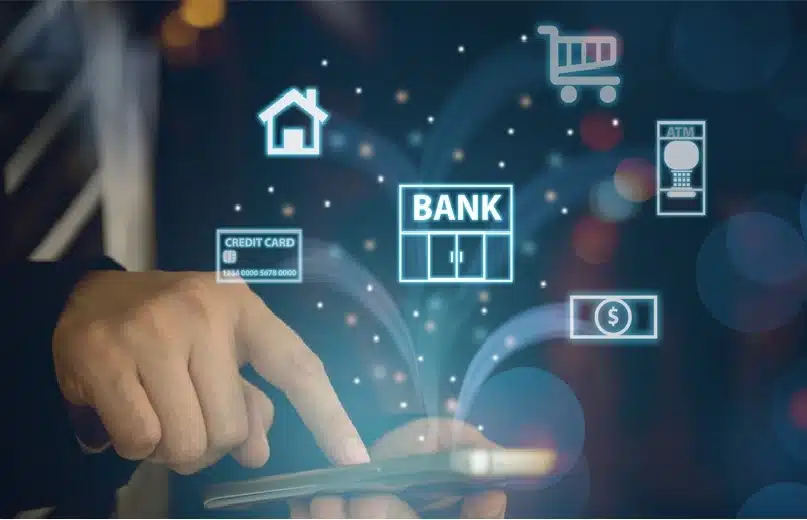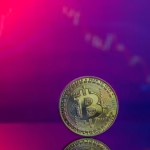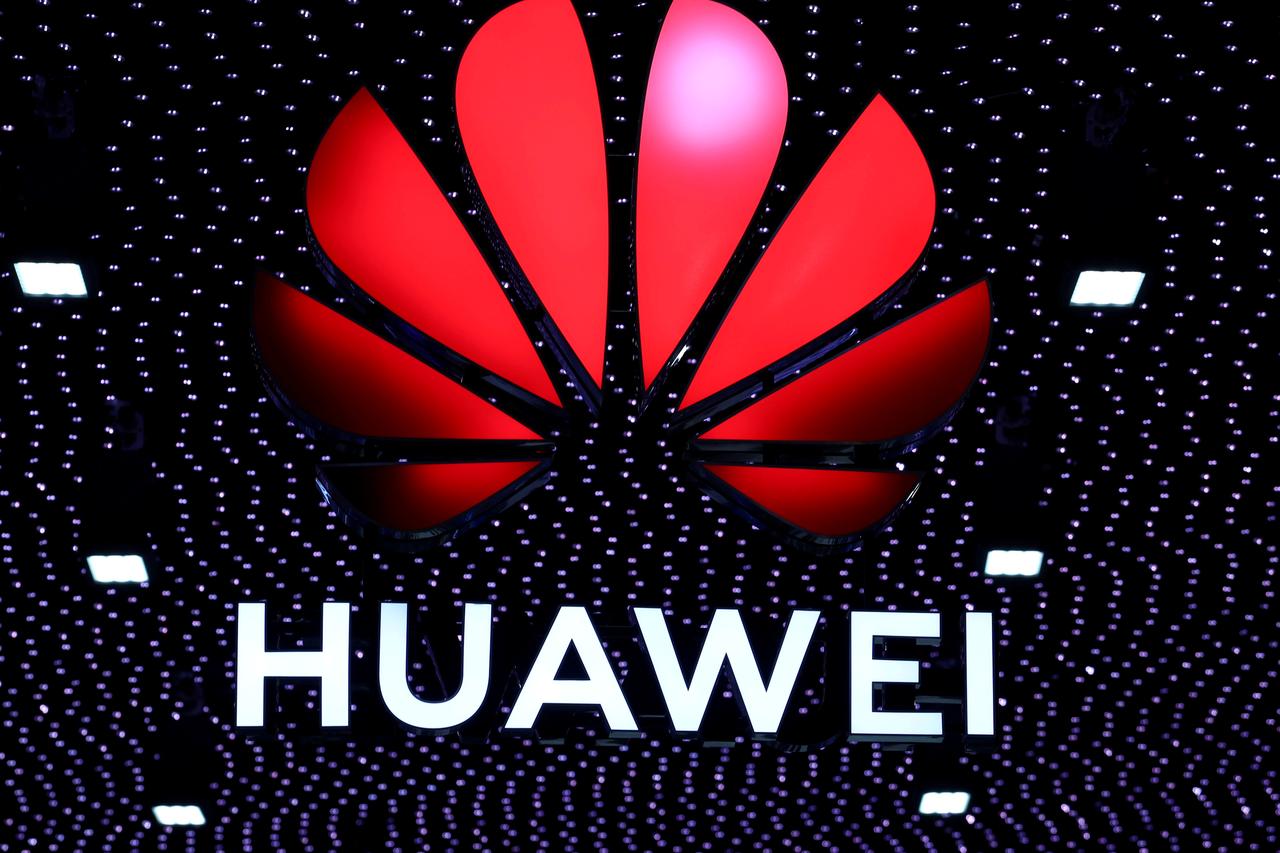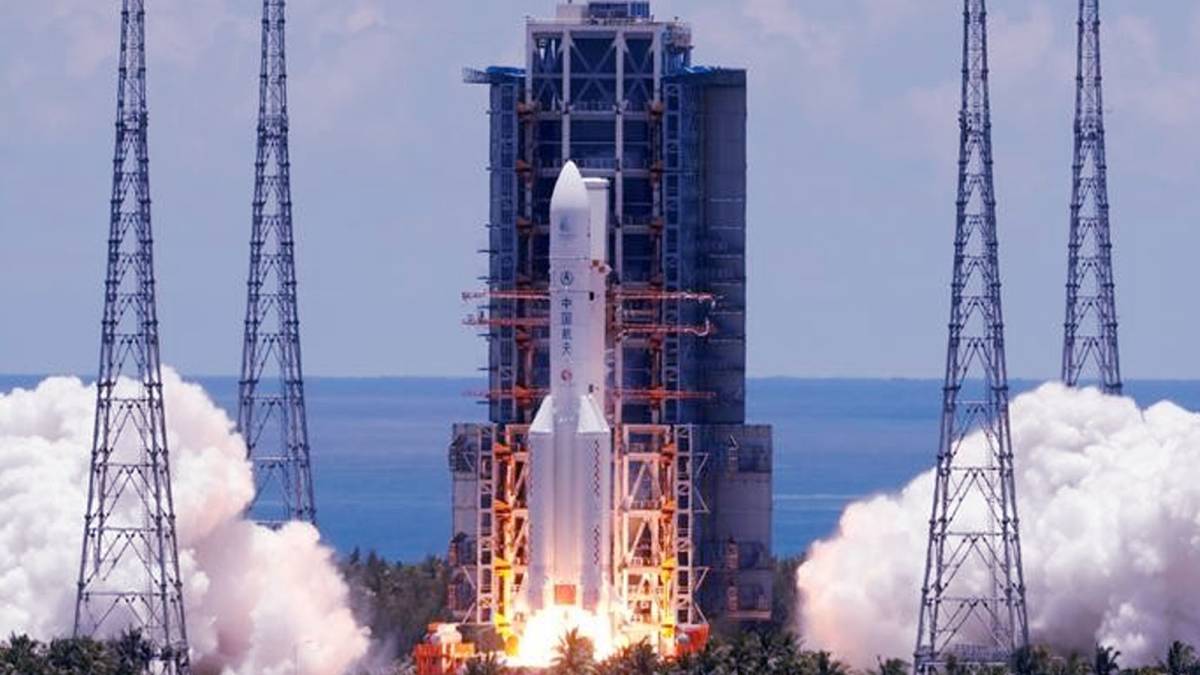Moving Pakistan’s Banking Into the Future
At the 23rd Future Banking Summit & Expo, experts discussed how moving Pakistan’s banking into the future will depend on digital tools, AI, and cashless systems.
Leaders emphasized seamless, secure banking that benefits customers, merchants, and financial institutions alike. They called digital evolution nonnegotiable.
Growing Demand for Cashless Ecosystems
Banks must accelerate the shift from cash to digital. Pakistan currently holds one of the highest cash-to-GDP ratios in the region.
Faisal Mahmood of Karandaaz said ATM usage and POS adoption have surged since 2020. He urged banks to incentivize cashless behavior.
Yahya Khan (Bank Alfalah’s CDO) said Pakistan must push aggressively toward a cashless economy. He stressed digital access points (DAPs) are critical.
Many merchants hesitate to adopt DAPs because of perceived high costs. They ignore hidden costs of cash handling. Experts say over 100 million customers are ready for digital use.
AI Augments Banking, Not Replaces It
AI will reshape banking operations. Executives showed how 95% of teller tasks may become automatable.
Meezan Bank’s CDO, Shariq Mubeen, said nearly every function in a bank can adopt AI. Yet, he added humans remain essential for judgment calls.
Faysal Bank’s CDO compared this shift to how ATMs changed teller roles. He said AI will evolve jobs, not eradicate them.
Dr. Aneel Salman, from Islamabad Policy Research Institute, warned that AI deployment must follow trust, culture, and strategy. Banks that rush may fall behind.
AI can approve loans faster, detect fraud in real time, and personalize financial advice. Banks that use AI well will capture 70–80% of incremental value in key domains.
National AI Policy & Fintech Synergies
Memory of national policy matters. The National AI Policy’s six pillars directly apply to banking. Salman linked AI to fintech sandboxes, credit scoring, and public-private partnerships.
He said AI infrastructure will help risk modeling, cybersecurity, and faster remittances. He envisioned linking Pakistani banks to global AI research standards.
Yet, building this infrastructure takes time. Banks must start with internal use cases before opening services to customers.
Strengthening Cybersecurity in the AI Era
AI is both a tool and a threat. Kashif ul Haque, CISCO’s Country GM, said AI can breach systems in minutes—attacks that humans take hours to execute.
Banking institutions called continuous investment in AI-fueled cybersecurity essential. They must stay ahead of evolving fraud tactics.
Toppan Security presented dynamic CVV cards to prevent ATM/POS skimming. Fraudsters also use phishing that preys on human weakness, not just systems.
Challenges on the Road Ahead
Rolling out nationwide cash recycling systems after banking hours is complex. Infrastructure, regulatory, and adoption challenges loom.
Many still hold large amounts of unbanked cash, avoiding formal channels. That behavior weakens the cashless objective.
Connectivity issues disrupt digital usage, especially in rural areas. Poor perception of taxation via digital methods also slows adoption.
Banks must train staff in AI and policy. Some worry banks might hire AI-familiar staff and skip retraining existing workers.
Steps Forward & Strategic Priorities
Banks should begin with internal AI use (back-office automation) and then progressively expand to customer services.
They must incentivize merchants to get DAPs and promote digital economies with education and rewards.
Regulators should enforce standards to prevent banks from neglecting retraining and worker transitions.
Careful collaboration between public and private sectors will help realize this future.
Why This Matters
By moving Pakistan’s banking into the future, the country can narrow the gap with regional peers.
A robust digital banking infrastructure will help Pakistan compete globally, attracting fintech investment and innovation.
It also improves service for consumers—faster, safer, more convenient banking.
If Pakistan executes well, it may emerge as a leader in digital banking in South Asia.







